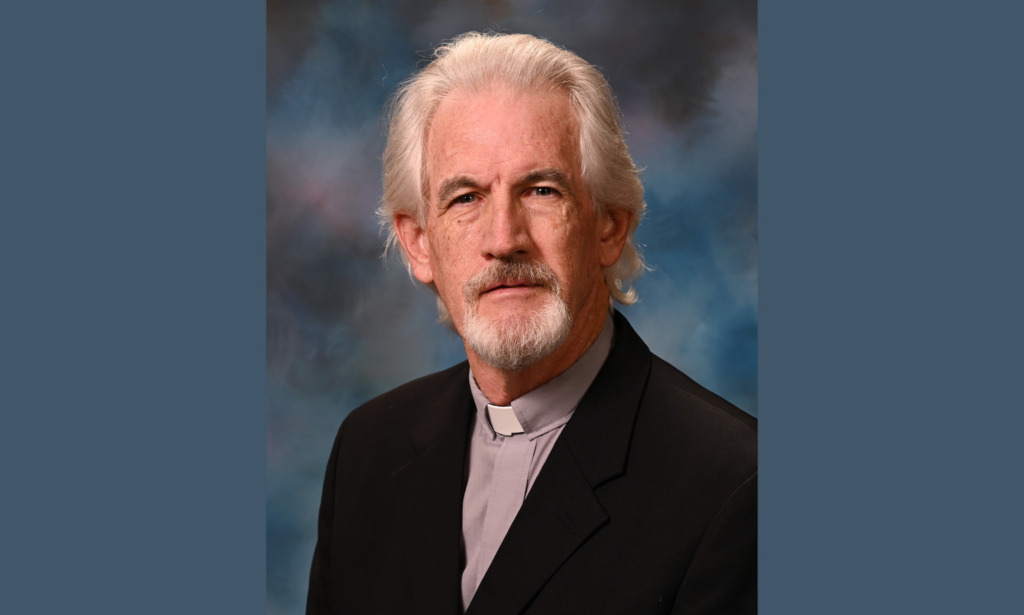Our relationship with God is a two-sided affair. This is very clear in this week’s Gospel parable, “The Prodigal Son.” I’ve heard people say that it should be called the parable of the prodigal father. We can approach it from either perspective, that of the son or that of the father, or from both perspectives. Prodigal could mean extravagant or lavish spending, or it could mean being very generous.
We hear how the son, after asking for his inheritance, goes off and spends it on a lavish lifestyle. We are told he squandered it on a life of dissipation — so much so that he ends up without anything and has to hire himself out to farmers and tend pigs.
From the point of view of those hearing this parable, the son had stooped as low as he could. Pork was an unclean meat according to Jewish law, so he is tending animals that were unclean, literally and figuratively. They might be thinking he couldn’t get any lower or be more desperate than that.
The father, on the other hand, demonstrates his generosity twice. First, he possibly gives a larger inheritance to the younger son than required by law. The parable says, “He divided the property between them,” which I always thought meant in half.
However, in Jewish law the elder son receives double the inheritance of the younger son. (Deuteronomy 21:17). There were two sons mentioned, so by Jewish law, the younger son should receive at least one third of the inheritance. The father gives his son at least a third, or maybe a half, of his estate.
Also, one’s inheritance was only due to come to the sons on the father’s death. In this instance, the younger son gets his inheritance before his father dies. Again, further evidence of the father’s abundant generosity.
More importantly for the purposes of the parable, the father is lavish in his forgiveness. The depth of the son’s depravity makes his forgiveness even more profound. He had disgraced his father in many ways, and yet, the father waits for him and, out of character for a man in his position, ran to greet him.
Instead of treating him as a hired worker as the son suggests, the father has a robe put on him and gives him a ring for his finger and sandals for his feet. All these are signs of the father restoring him to the position of his son. It is as if the son was dead and is now alive again.
Both aspects of this parable are important, and both are needed for us to understand what Jesus is trying to tell us. The first is the action taken by the son. He comes to his senses, he wakes up and goes home, admits his sin and acknowledges the appropriate consequence of that sin. The father’s forgiveness has always been there; he was always waiting and looking for his son to come home.
God, like the father in the parable, is always waiting for us to turn away from sin and come back to God. Through the life, death and resurrection of Jesus, the price of our reconciliation has already been paid. In today’s second reading, Paul implores us to be reconciled to God through Christ.
We are halfway through our Lenten journey. We are all like the prodigal son. Are we like him at the beginning of the parable or at the end of the parable?
Deacon Christopher Colville serves at Church of the Redeemer, Mechanicsville

